The 5 Best Healthy Fats for Cooking and 5 to Avoid: Your Ultimate Guide
When it comes to cooking, choosing the right type of fat can make all the difference in taste, nutrition, and even safety. Here, we'll explore some of the best fats to cook with, including ghee, tallow, extra virgin olive oil, butter. coconut oil and lard
Ghee: Ghee is a form of clarified butter that has been used in Indian cooking for thousands of years. It's made by heating butter until the water and milk solids are removed, leaving behind pure butterfat. Ghee has a high smoke point, which means it can be heated to high temperatures without burning or producing harmful smoke. This makes it an excellent choice for frying and sautéing. Additionally, ghee has a rich, nutty flavor that can add depth to dishes like curries and roasted vegetables.
Vitamins & minerals In Ghee
-
Vitamin A: Ghee is an excellent source of vitamin A, a fat-soluble vitamin that is essential for maintaining healthy vision, skin, and immune function.
-
Vitamin E: Ghee contains vitamin E, a powerful antioxidant that helps protect the body against oxidative stress and may have anti-inflammatory effects.
-
Vitamin K: Ghee is a good source of vitamin K, which plays a critical role in blood clotting and bone health.
-
Butyric acid: Ghee contains butyric acid, a type of short-chain fatty acid that has been shown to have anti-inflammatory properties and may help improve gut health.
-
Conjugated linoleic acid (CLA): Ghee is a rich source of CLA, a type of fatty acid that has been associated with a range of health benefits, including reduced inflammation, improved insulin sensitivity, and enhanced weight loss.
Tallow: Tallow is rendered beef fat that has been used in cooking for centuries. It has a high smoke point, similar to ghee, and a mild flavor that won't overpower other ingredients. Tallow is also rich in nutrients like vitamin E and conjugated linoleic acid (CLA), which have been linked to various health benefits. Tallow can be used for frying, roasting, and even baking.
Vitamins & minerals In Tallow
-
Vitamin B12: Tallow is an excellent source of vitamin B12, which is essential for the proper functioning of the nervous system and the formation of red blood cells.
-
Iron: Tallow is also a good source of iron, a mineral that helps transport oxygen throughout the body and is essential for the production of red blood cells.
-
Zinc: Zinc is another important mineral found in tallow. It plays a role in immune function, wound healing, and cell growth and division.
-
Selenium: Tallow is a good source of selenium, a mineral that acts as an antioxidant and is important for thyroid function.
-
Phosphorus: Phosphorus is a mineral that is essential for bone health and is also important for the production of DNA and energy metabolism.
-
Vitamin E: Tallow contains small amounts of vitamin E, an antioxidant that helps protect the body's cells from damage.
-
Vitamin K2: Tallow is a good source of vitamin K2, which is important for bone health and may also have a role in preventing cardiovascular disease.
Extra virgin olive oil: Extra virgin olive oil is a staple in many Mediterranean diets and is known for its health benefits. It's rich in heart-healthy monounsaturated fats and antioxidants, which can help reduce inflammation and lower the risk of chronic disease. Extra virgin olive oil has a low smoke point, which means it's best used for low-heat cooking, such as sautéing and baking. It's also a great choice for drizzling over salads or using as a finishing oil.
Butter: Butter is a classic fat that's been used in cooking for centuries. It's made by churning cream until the fat separates from the liquid. Butter has a rich, creamy flavor that can add richness to baked goods, sauces, and vegetables. However, butter has a low smoke point, which means it can burn easily at high temperatures. It's best used for low-heat cooking or as a finishing butter over grilled or roasted meats and vegetables
Coconut oil: Coconut oil is a highly versatile fat that has gained popularity in recent years due to its numerous health benefits. It's rich in medium-chain triglycerides (MCTs), which are easily metabolised by the body and can provide a quick source of energy. Additionally, coconut oil has been shown to have antimicrobial properties, which can help fight harmful bacteria and viruses. Coconut oil has a high smoke point, making it great for frying and sautéing, and its sweet, nutty flavor can add depth to dishes like curries and baked goods.
Lard: Lard is rendered pork fat that has been used in cooking for centuries. While lard has gotten a bad reputation in recent years due to its high saturated fat content, it's actually a healthy fat that can provide numerous benefits. Lard is rich in vitamin D, a nutrient that's essential for bone health and immune function. It's also a good source of oleic acid, a monounsaturated fat that's been shown to reduce inflammation and improve heart health. Lard has a high smoke point, making it great for frying and baking. When cooking with lard make sure you are eating it from pasture raised pork
5 Oils To Avoid
While there are many healthy fats to cook with, there are also some oils that you'll want to avoid. These oils include seed oils, canola oil, sunflower oil, soybean oil, and rapeseed oil. Here's why:
Seed oils: Seed oils, such as corn oil, cottonseed oil, and grapeseed oil, are highly processed and refined. They're often made with genetically modified crops and extracted using high heat and chemicals, which can damage the oil and create harmful byproducts. Additionally, seed oils are high in omega-6 fatty acids, which can promote inflammation in the body when consumed in excess. This can increase the risk of chronic diseases like heart disease and arthritis.
Canola oil: Canola oil is often marketed as a healthy oil due to its low saturated fat content and high monounsaturated fat content. However, canola oil is heavily processed and often made from genetically modified crops. It also contains high levels of erucic acid, which has been linked to heart disease in animal studies. While human studies have not found a direct link between canola oil and heart disease, it's still wise to choose healthier alternatives.
Sunflower oil: Sunflower oil is another highly processed oil that's high in omega-6 fatty acids. It's often used in processed foods and fried foods due to its high smoke point. However, consuming too much sunflower oil can increase inflammation in the body and contribute to chronic disease.
Soybean oil: Soybean oil is a common ingredient in processed foods and is often used for frying due to its high smoke point. However, like other seed oils, soybean oil is highly processed and high in omega-6 fatty acids. It's also often made from genetically modified crops, which can be harmful to the environment and human health.
Rapeseed oil: Rapeseed oil, also known as canola oil in some countries, is another highly processed oil that's often made from genetically modified crops. It's high in omega-6 fatty acids and can contain harmful chemicals like hexane, which is used in the extraction process.





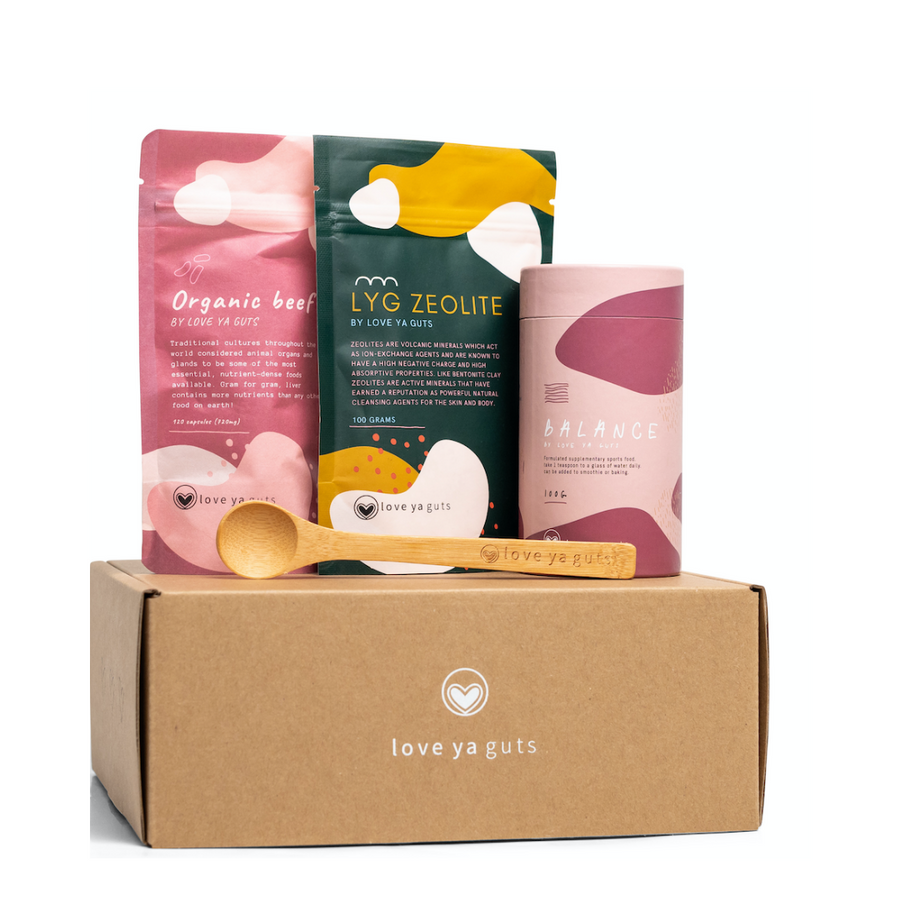
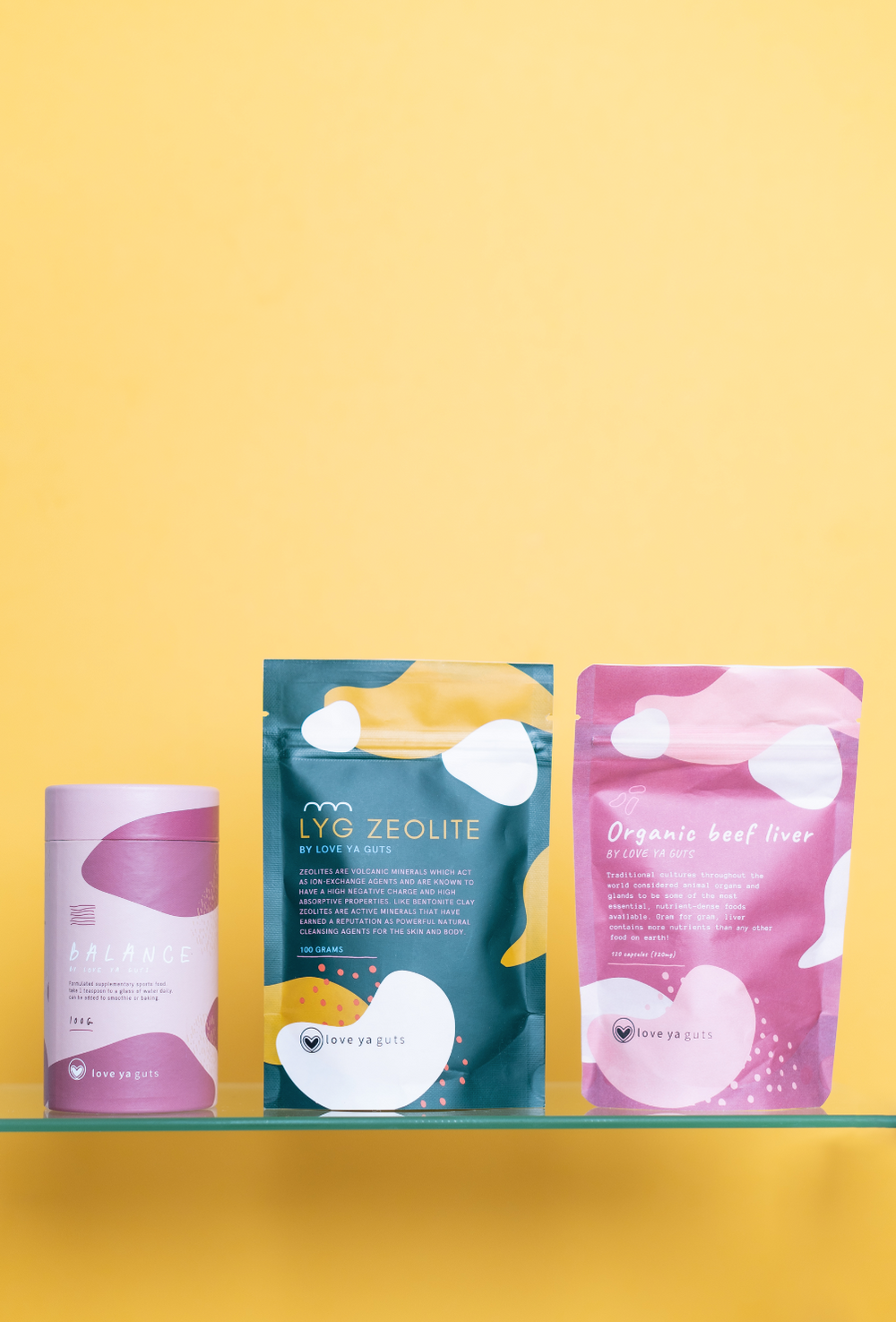
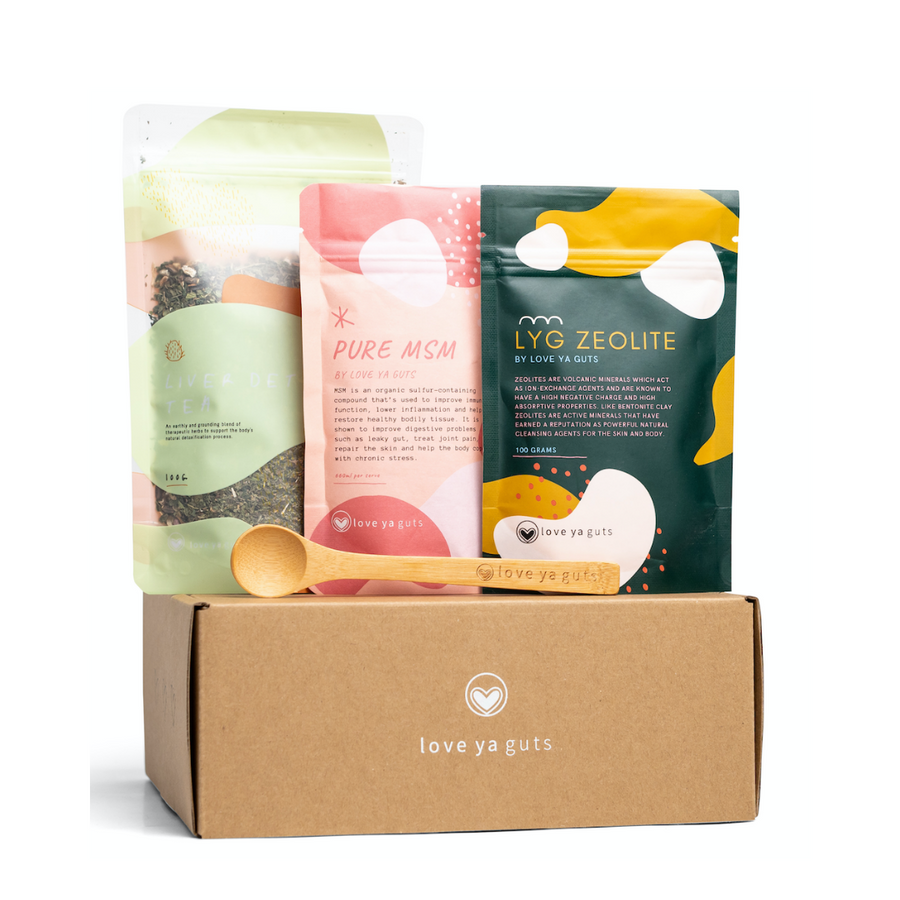
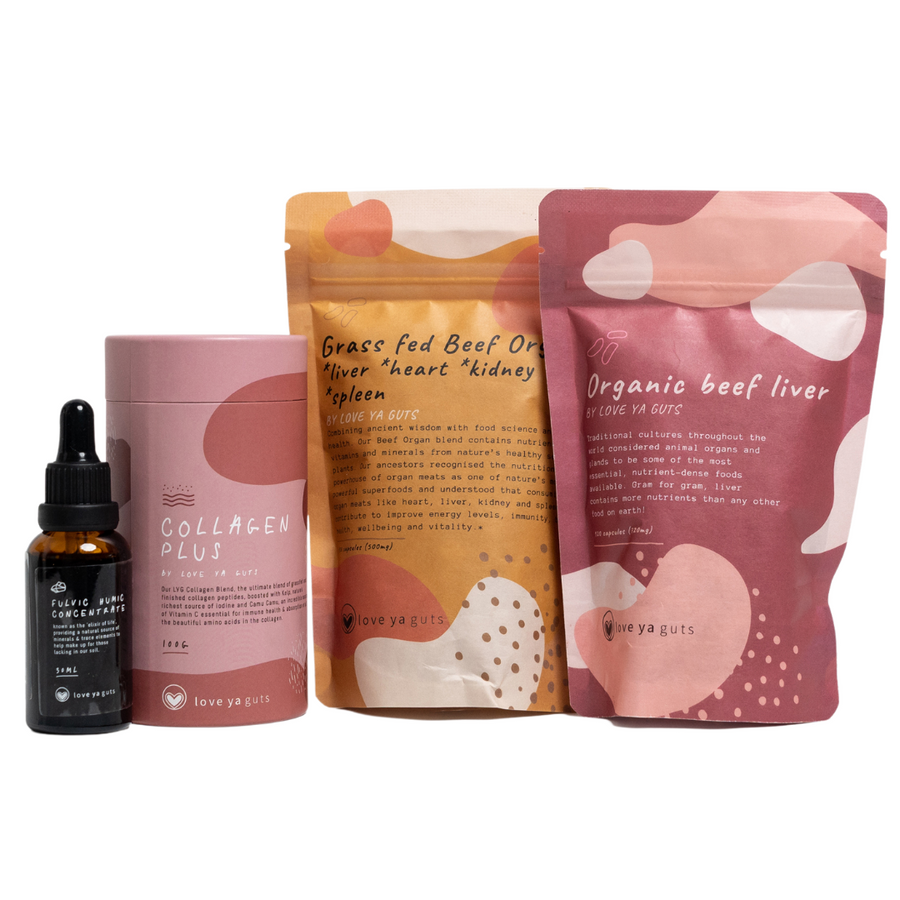









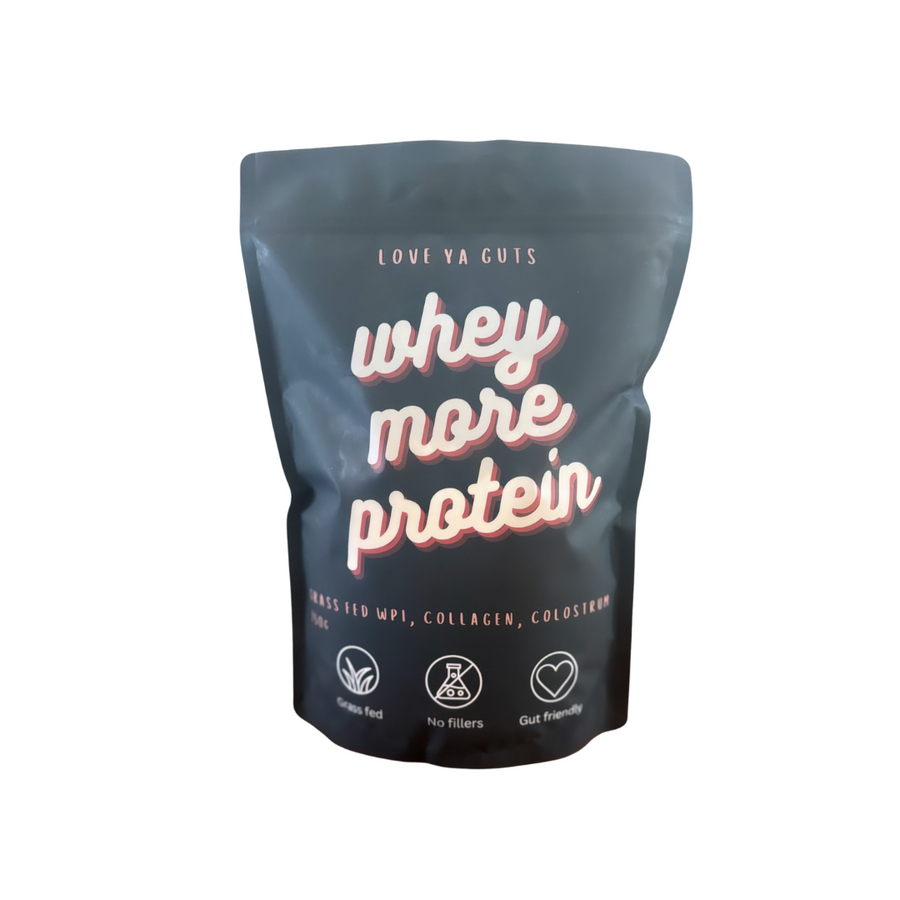

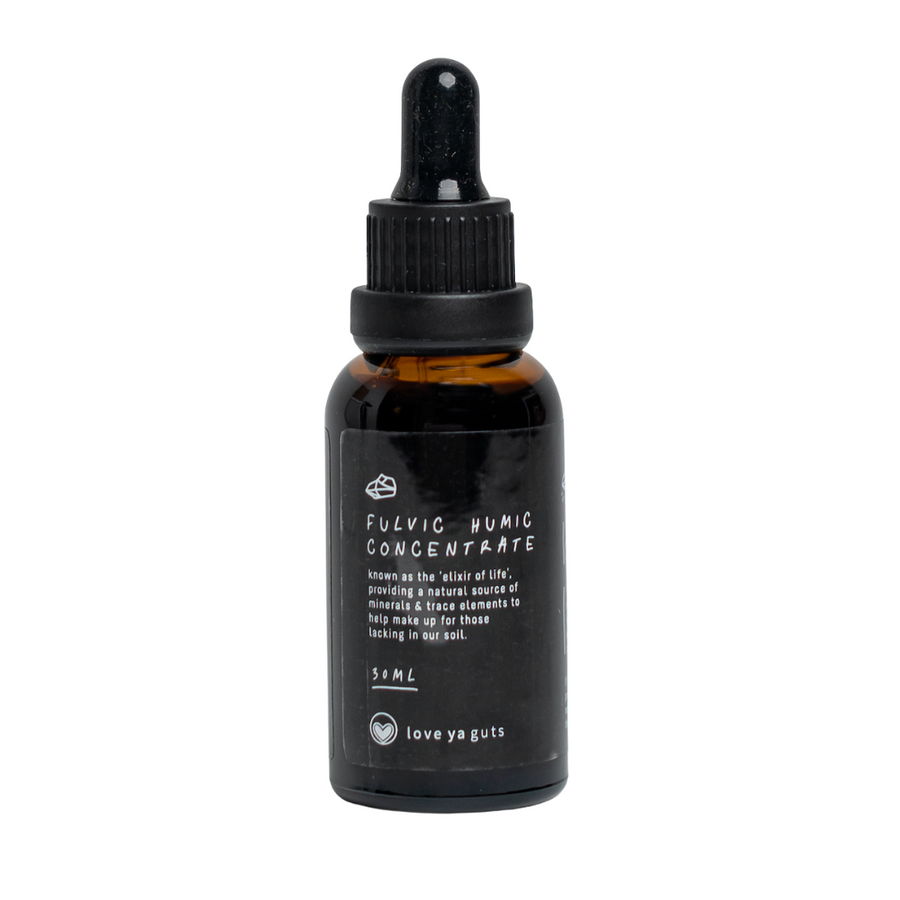

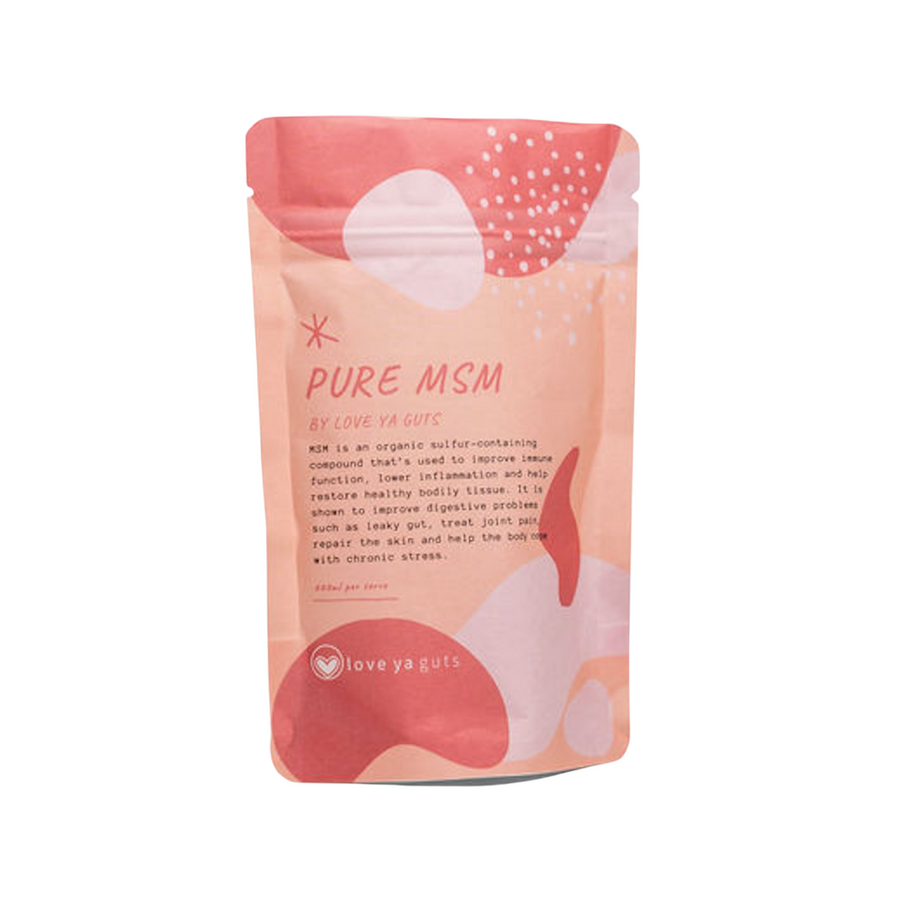

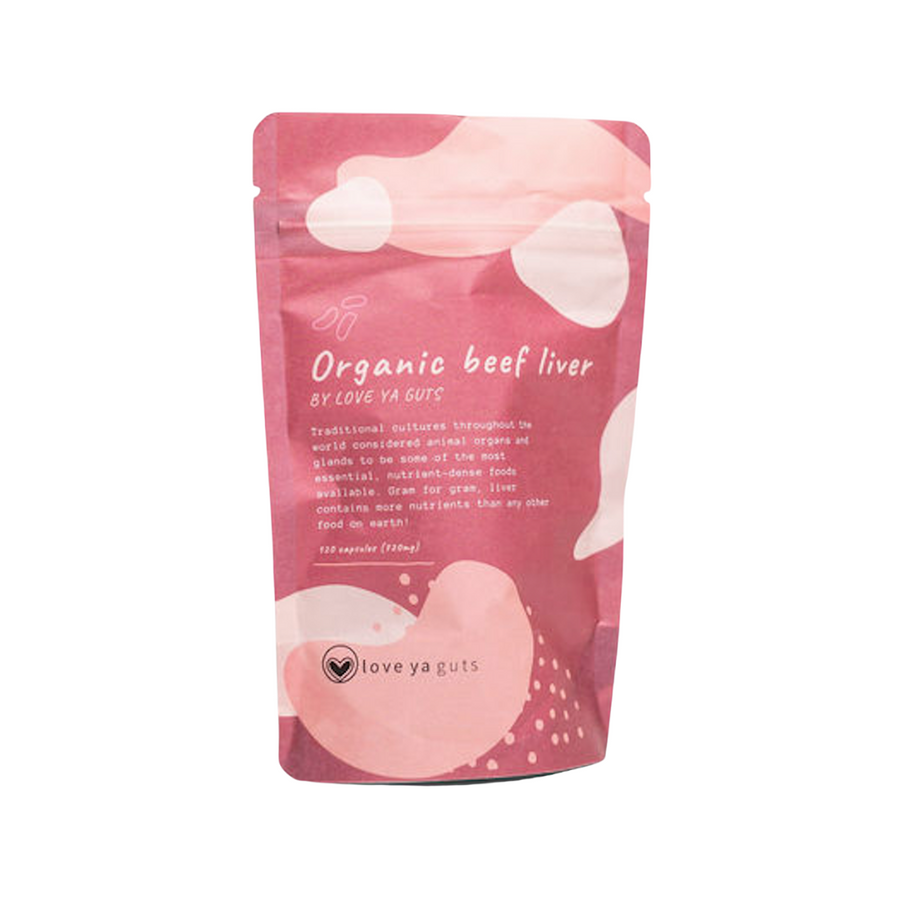
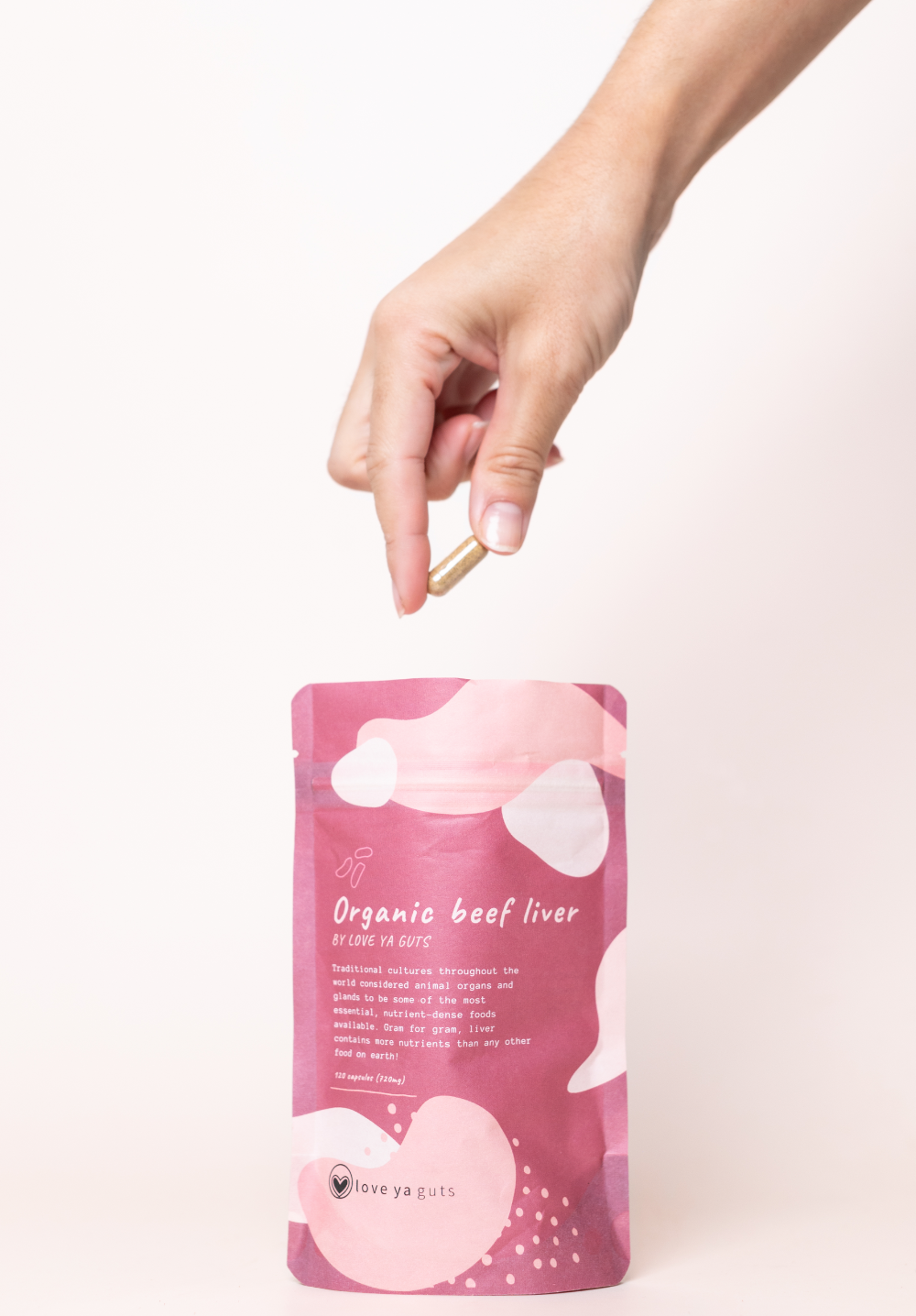
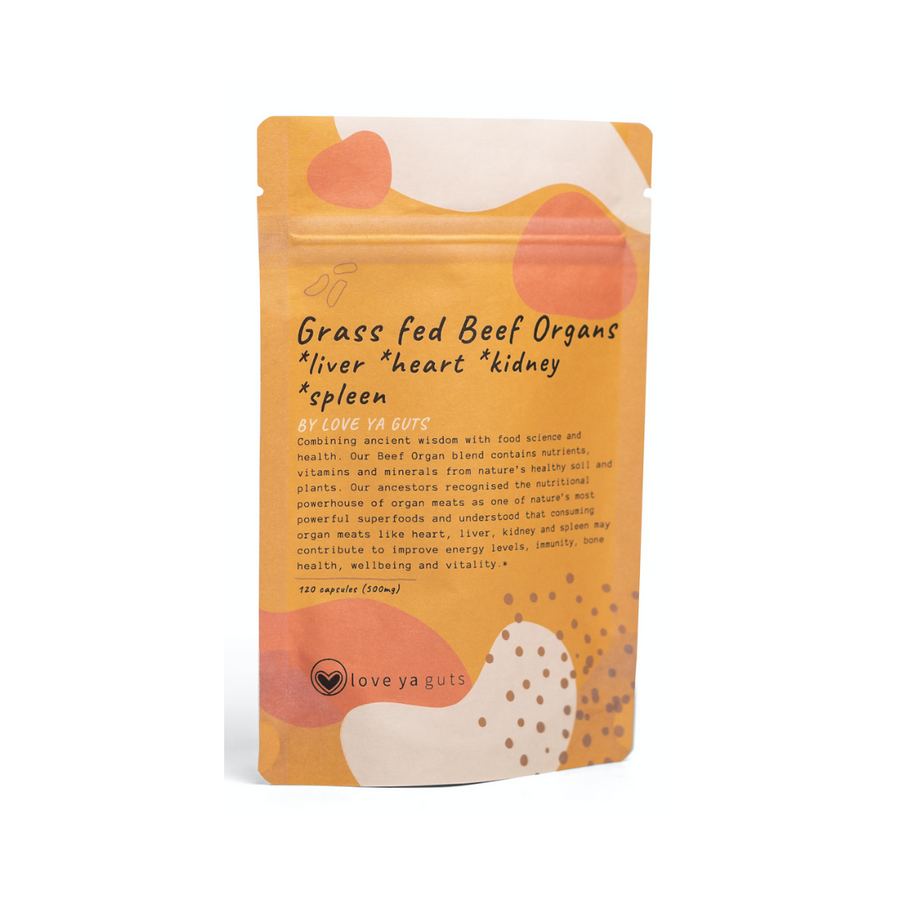
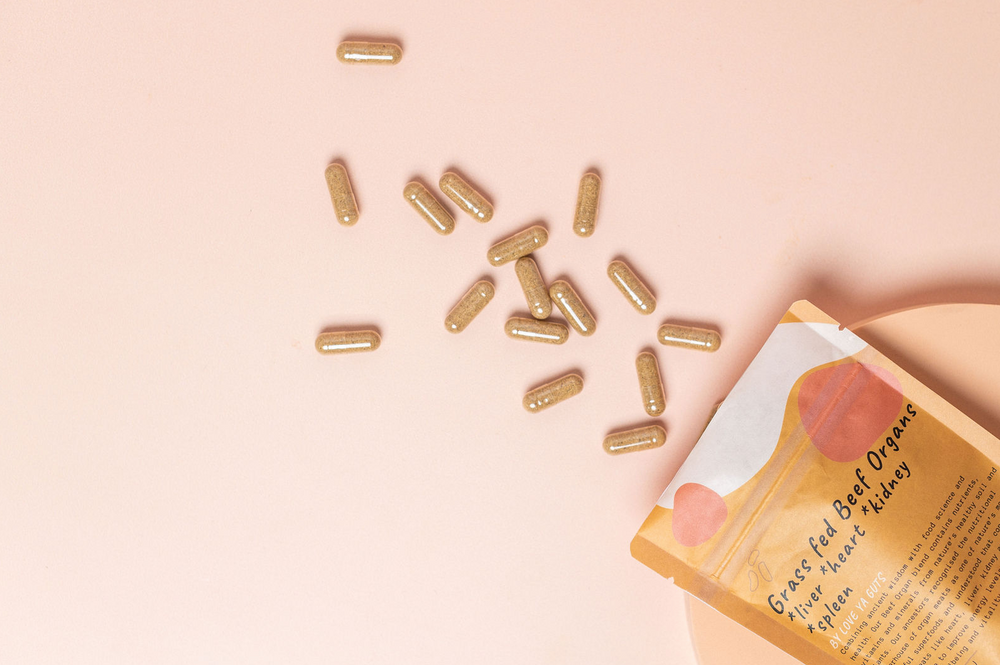
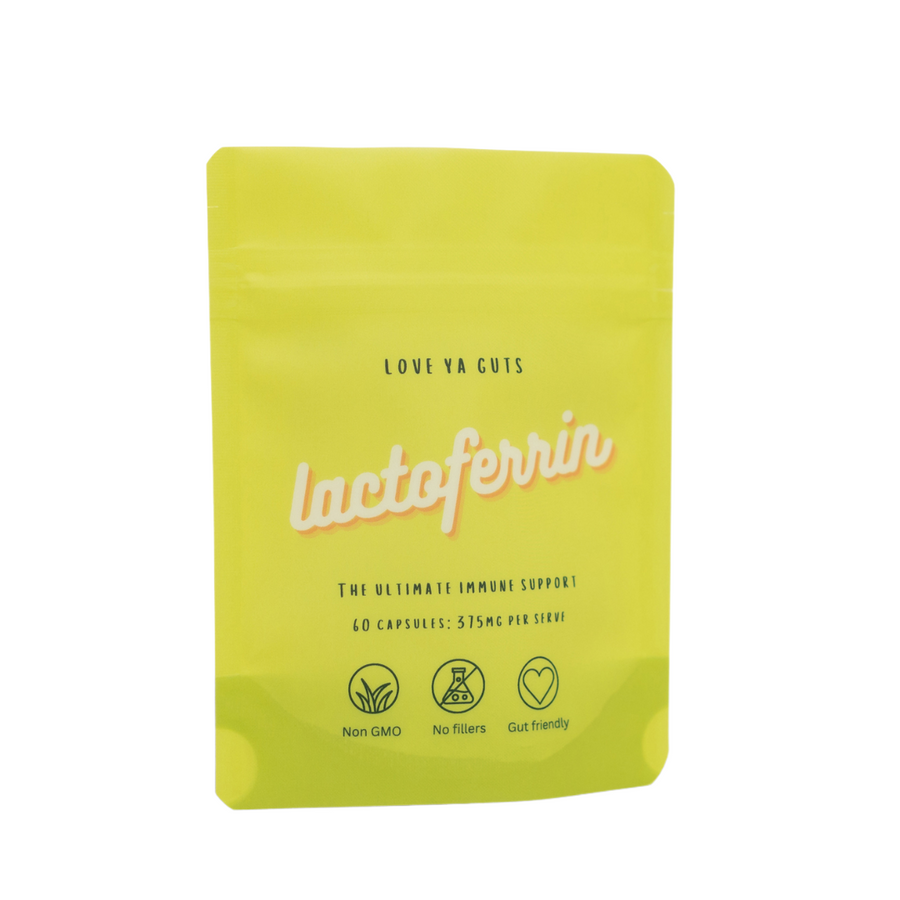
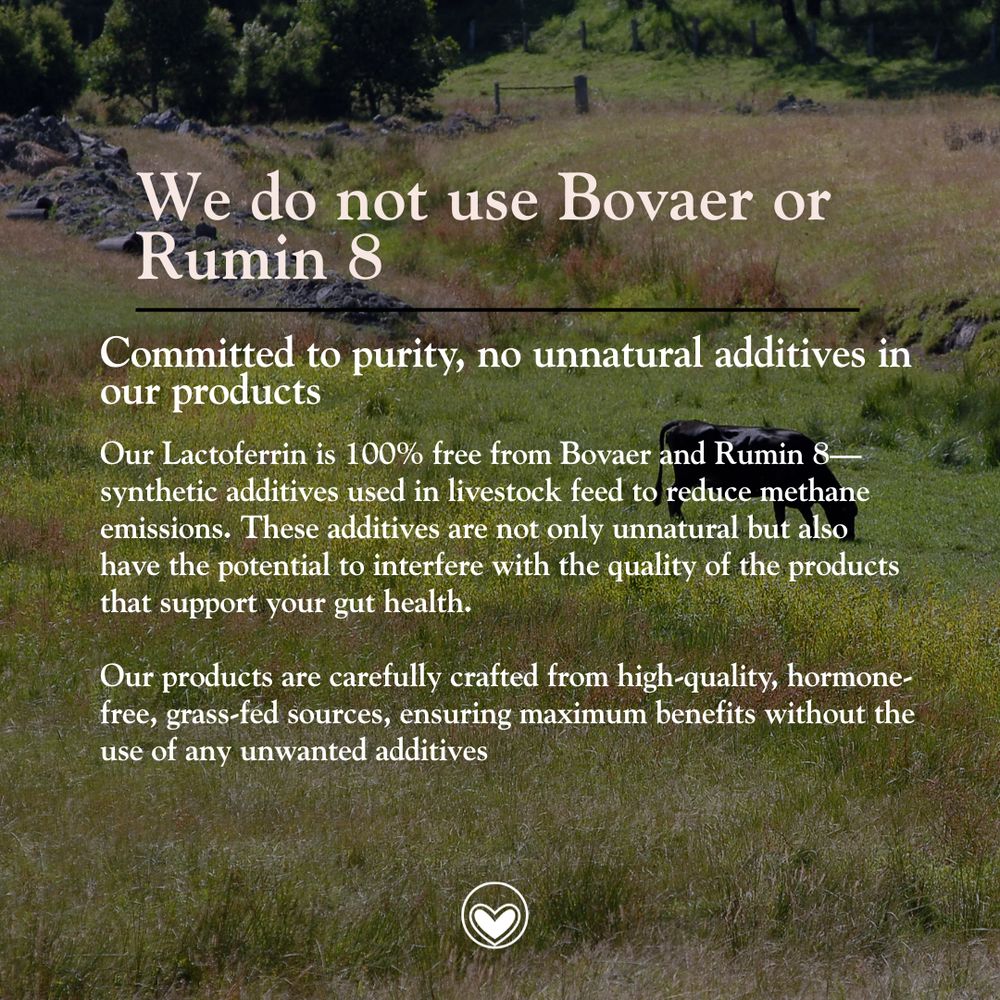
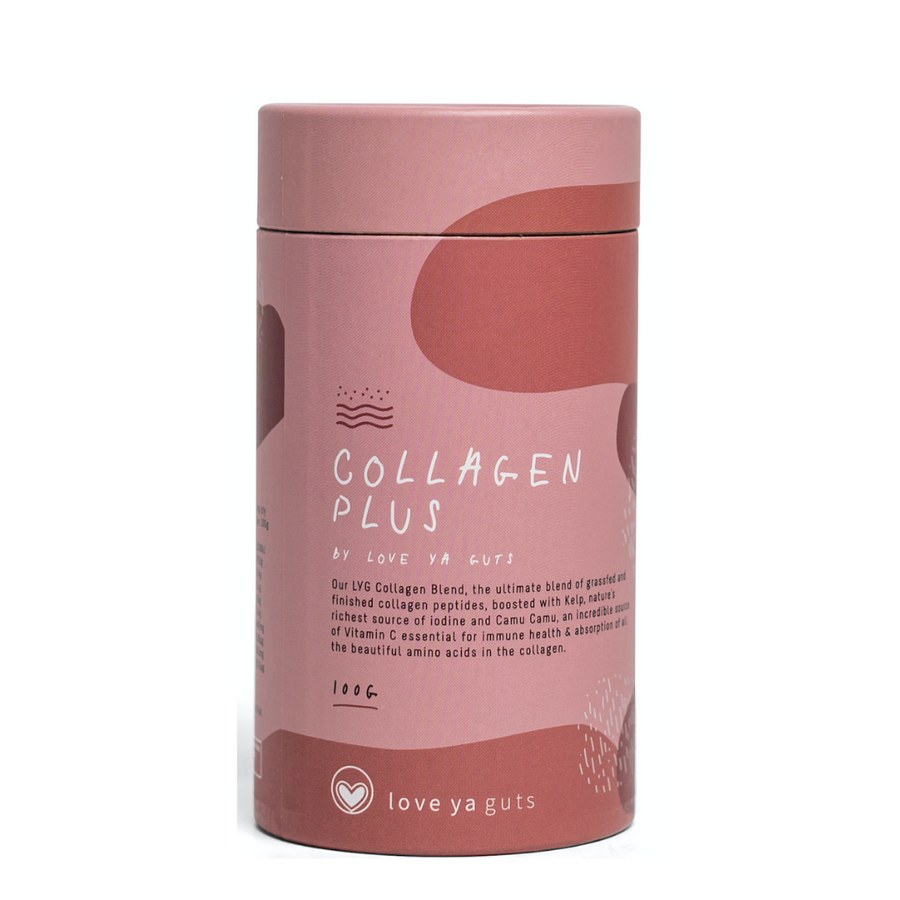
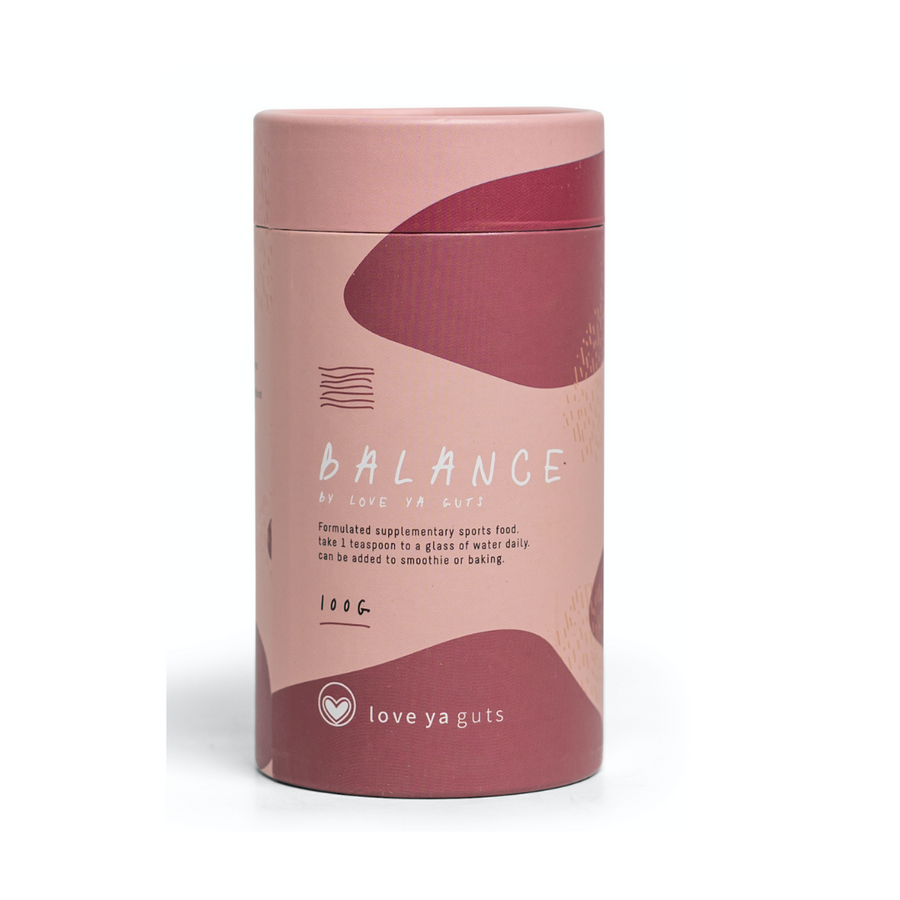
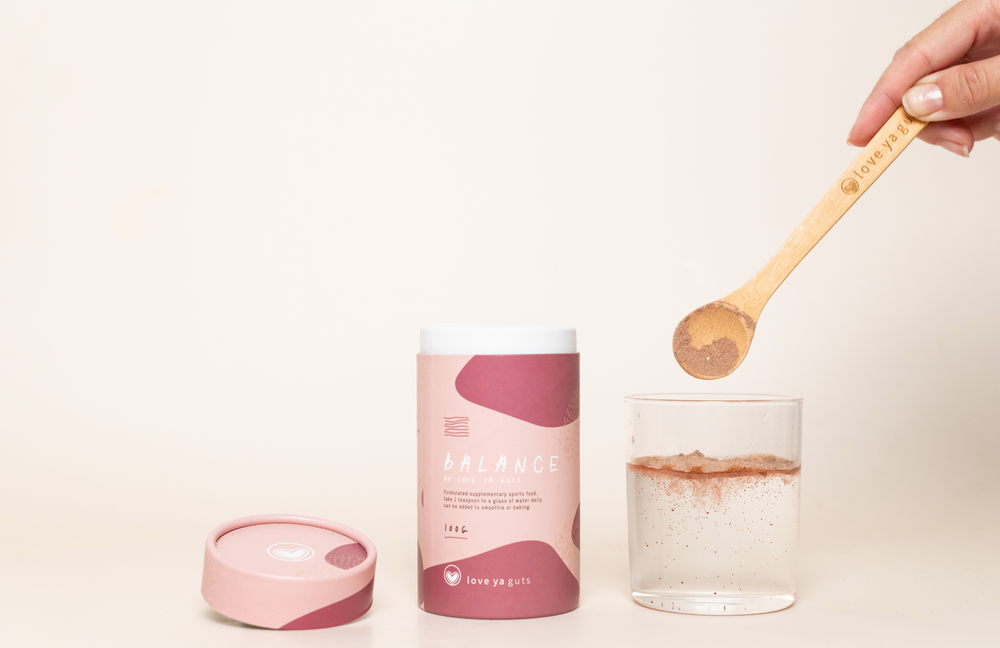
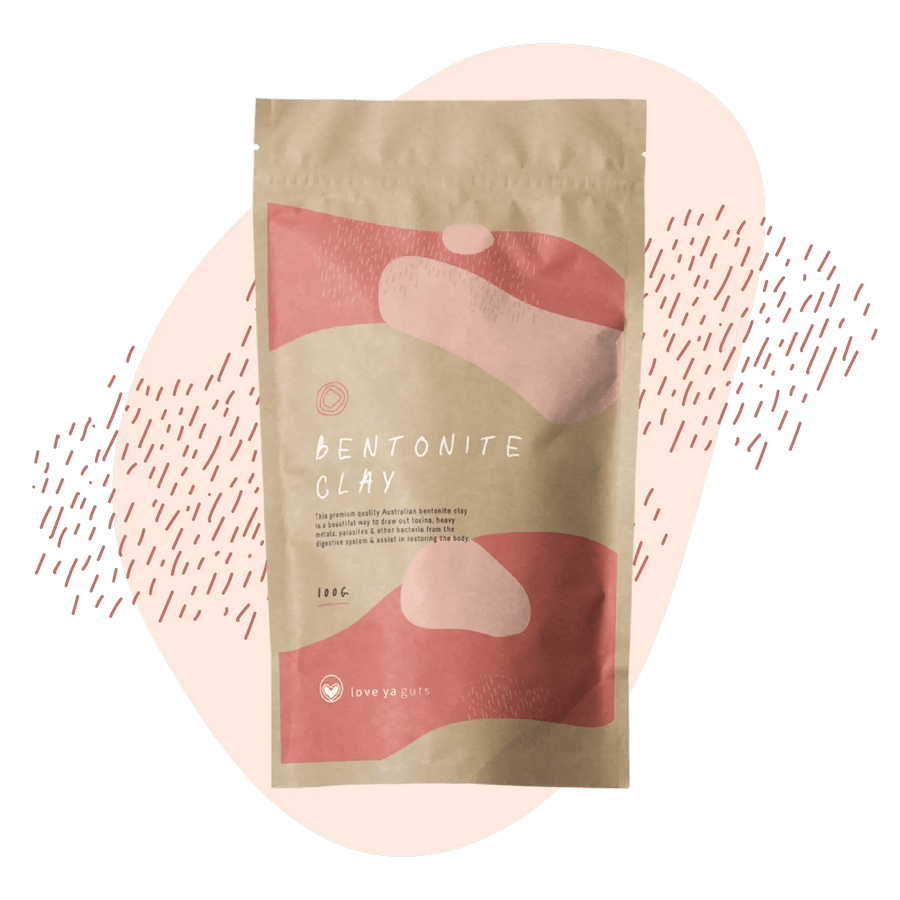

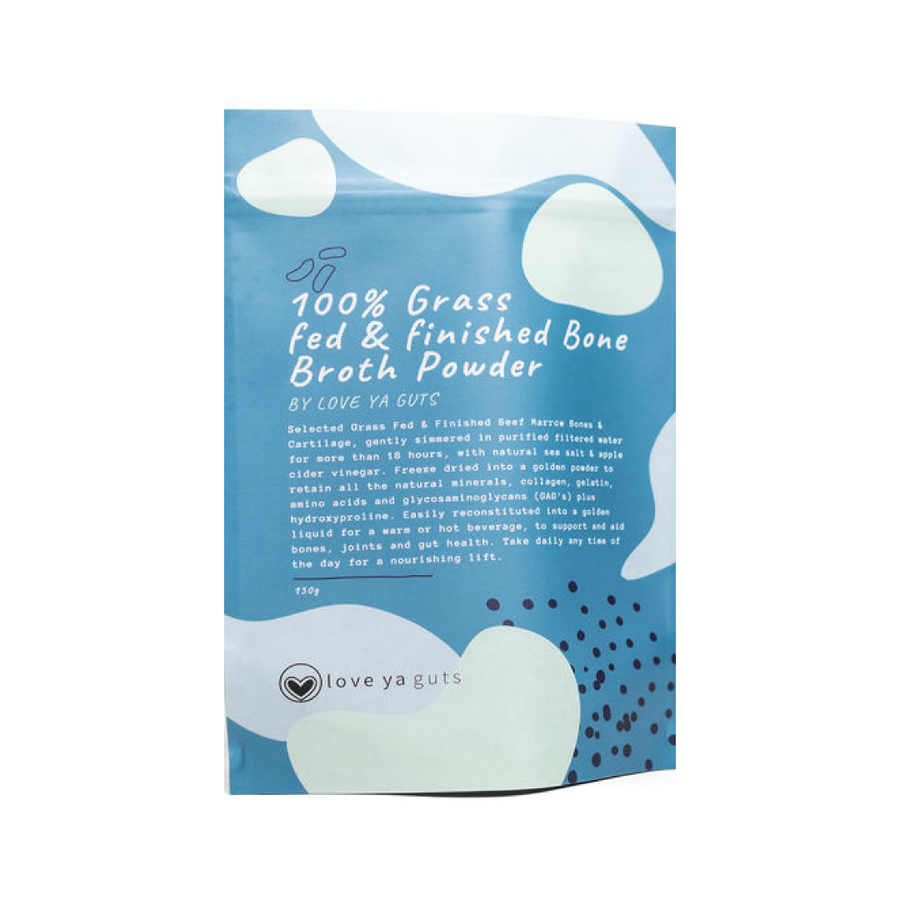
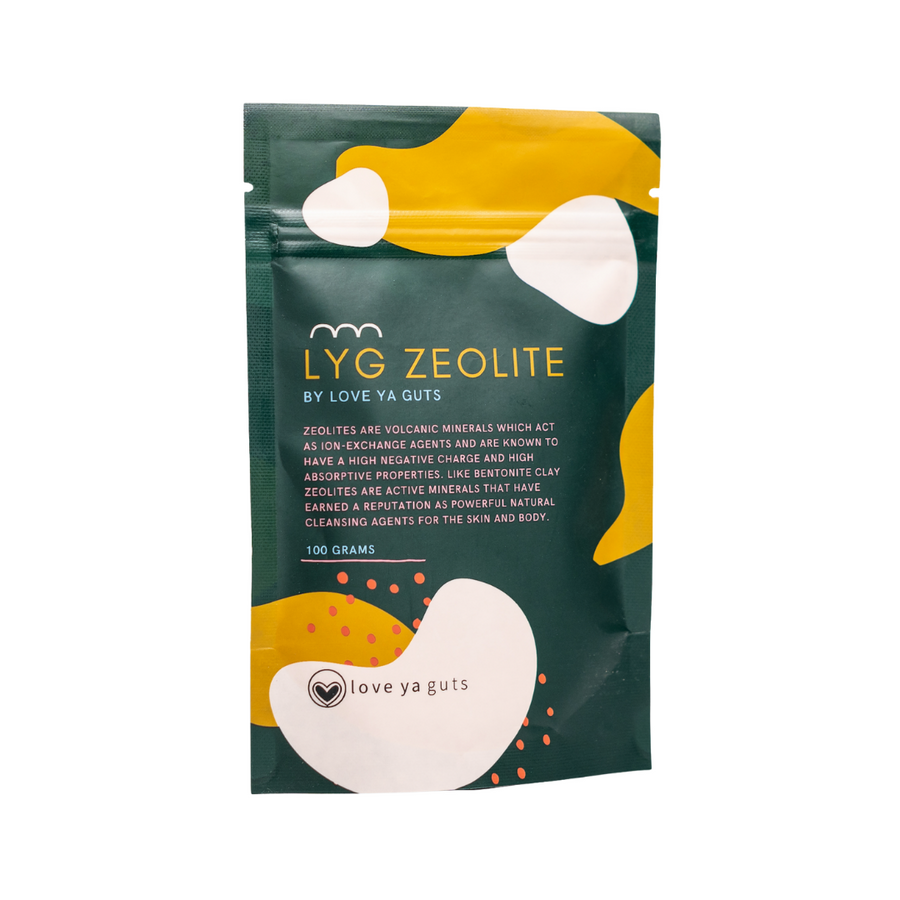
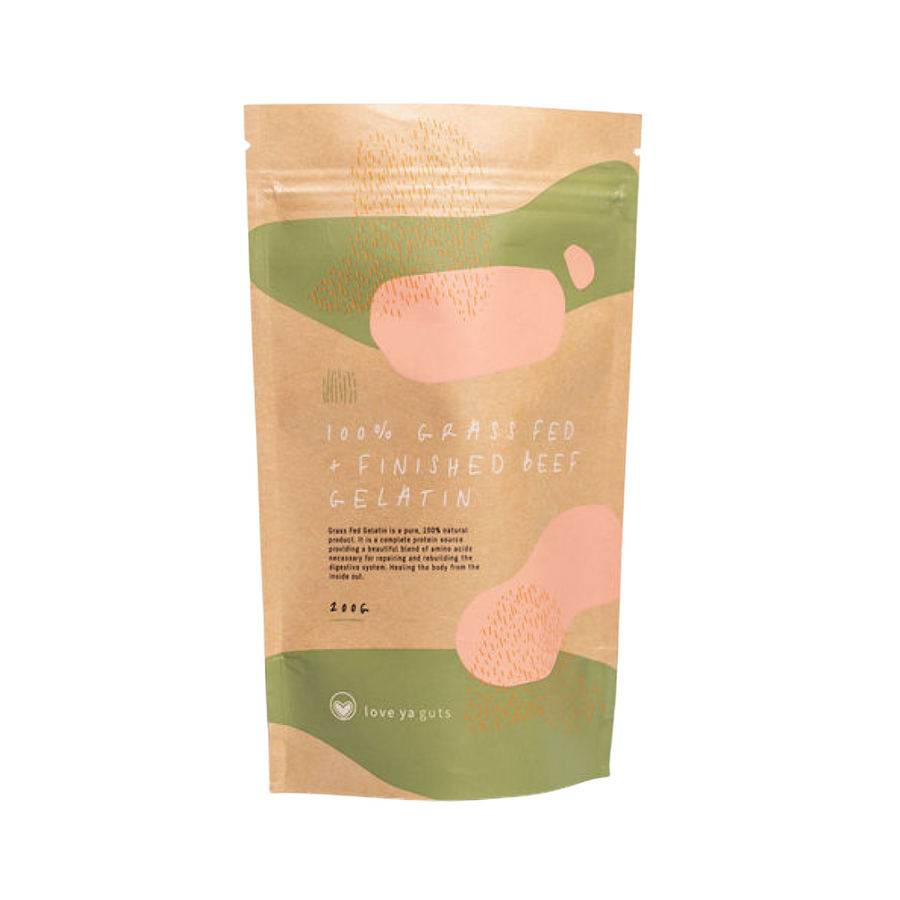

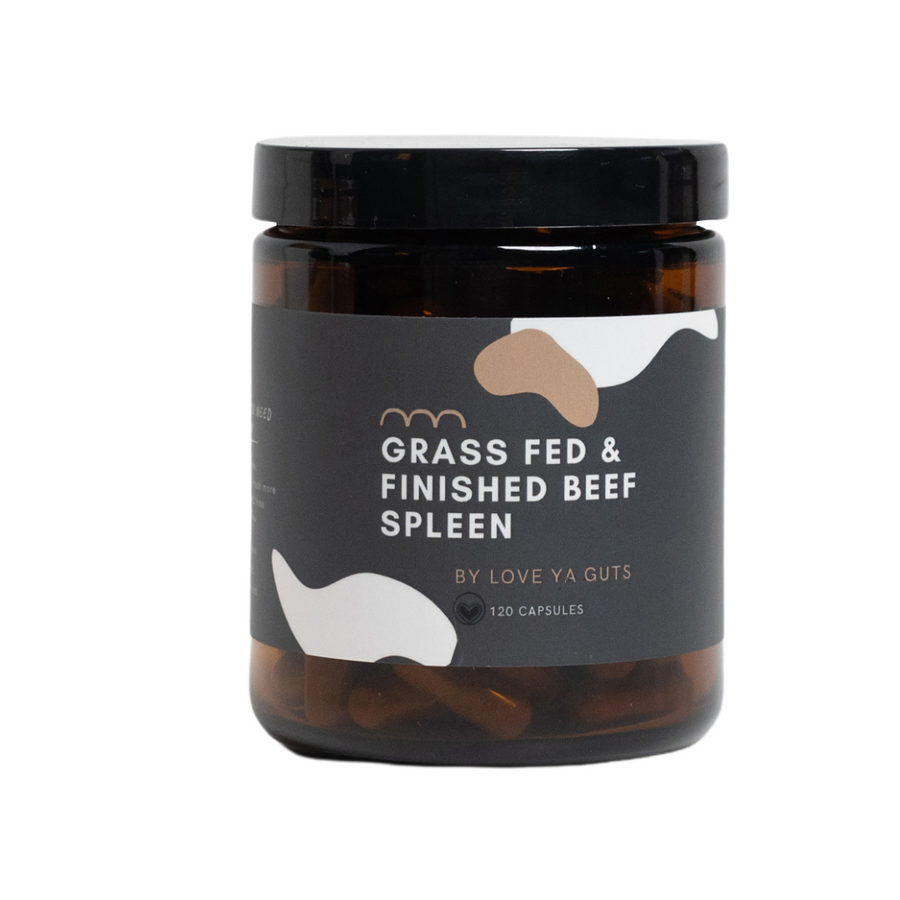
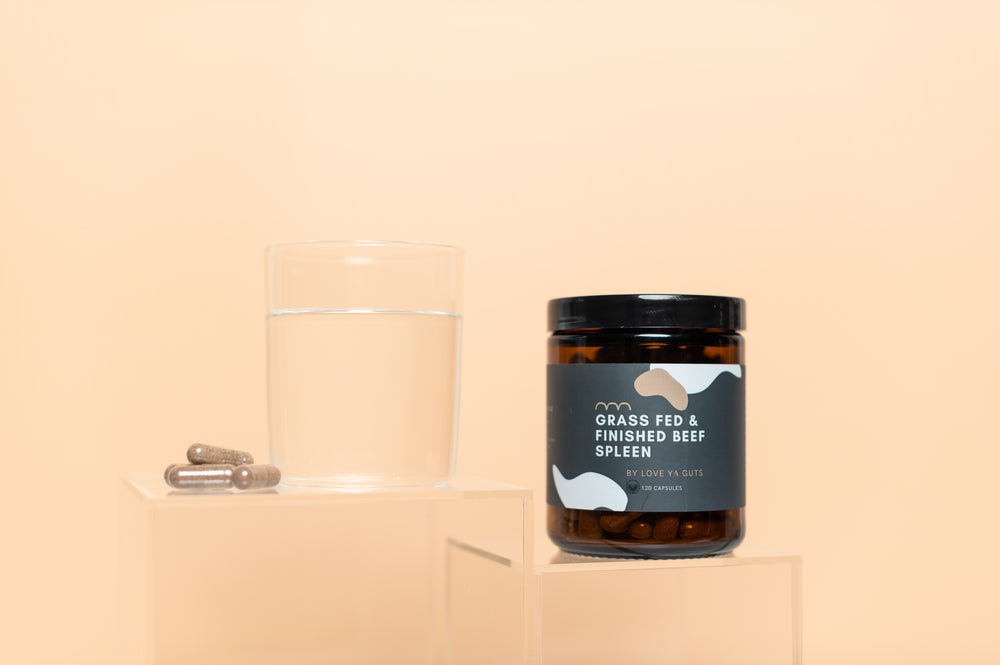
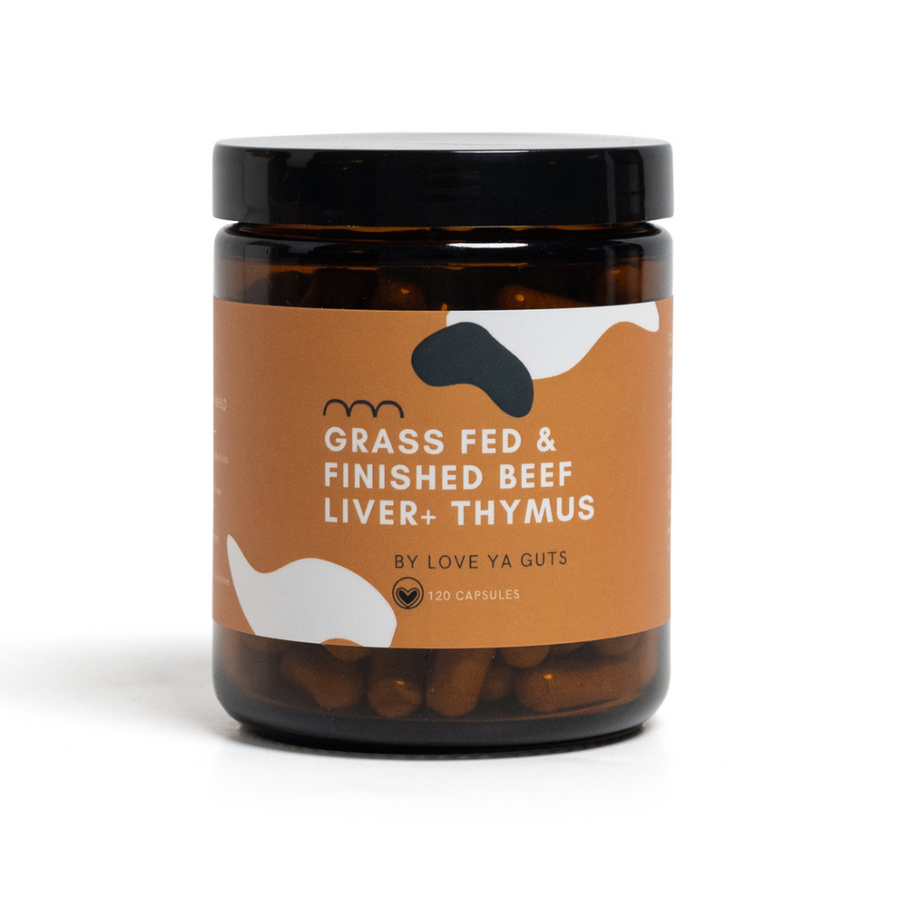
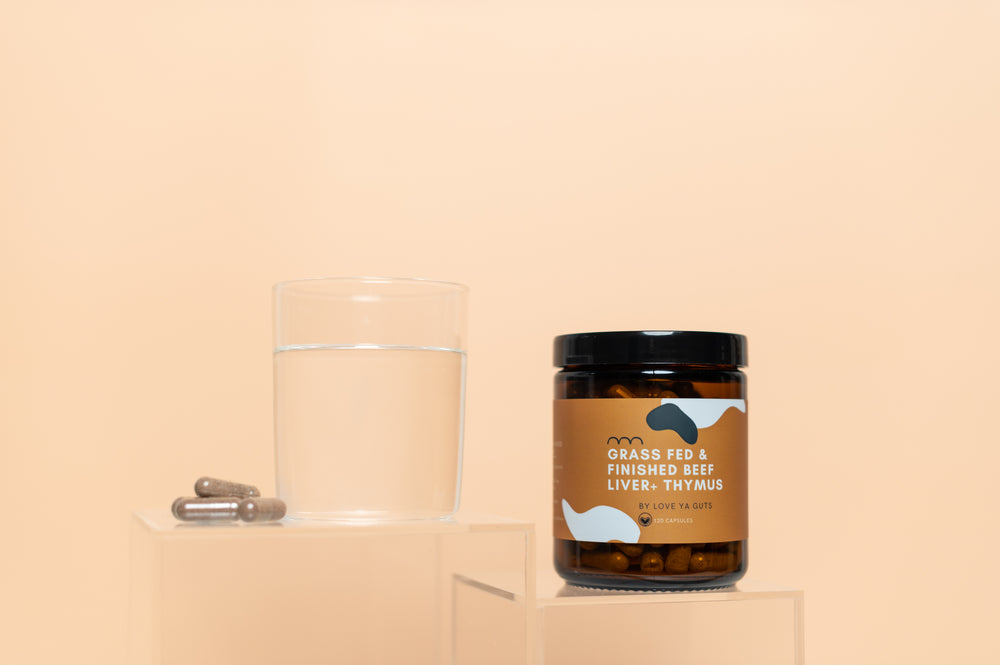
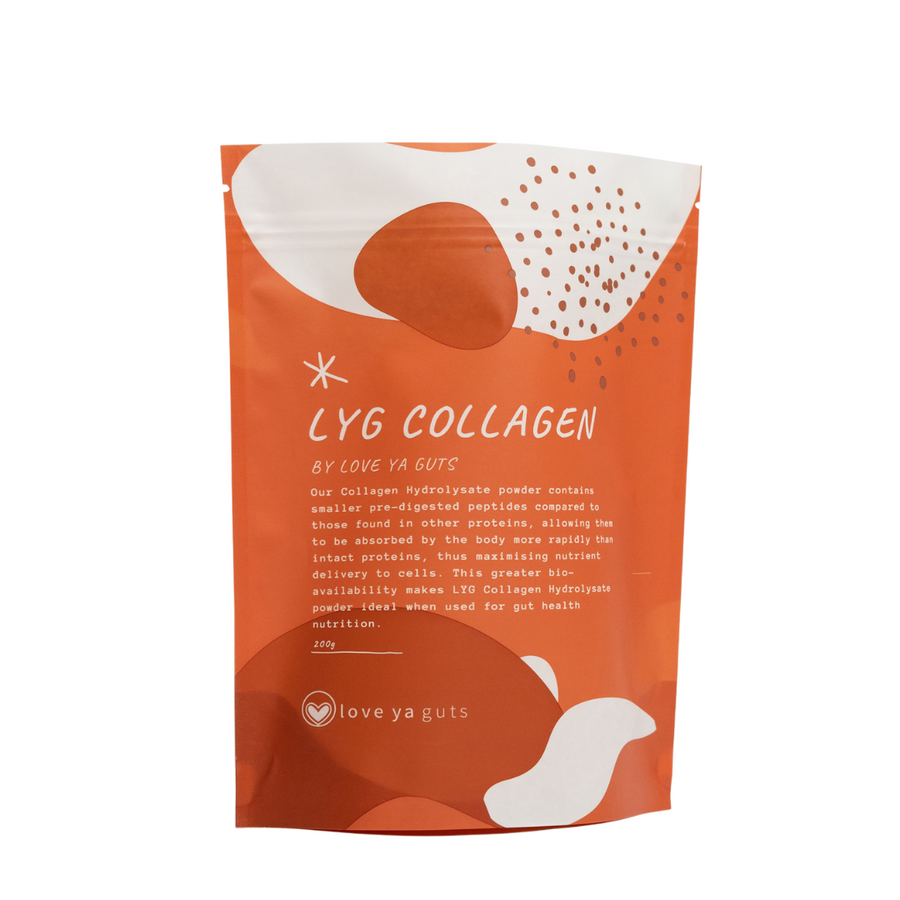

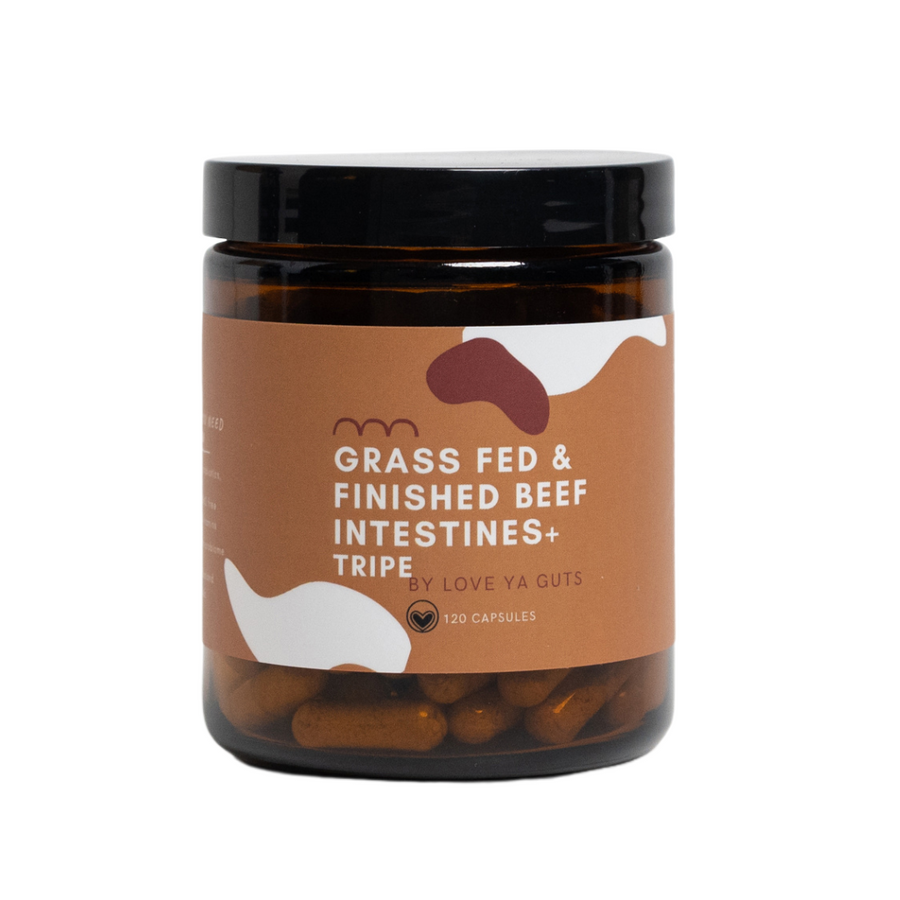
 5 Free Bonuses With Foundation Box - LYG App, Meal Plan, Private Community, Weight Loss & IBS Ebooks
5 Free Bonuses With Foundation Box - LYG App, Meal Plan, Private Community, Weight Loss & IBS Ebooks